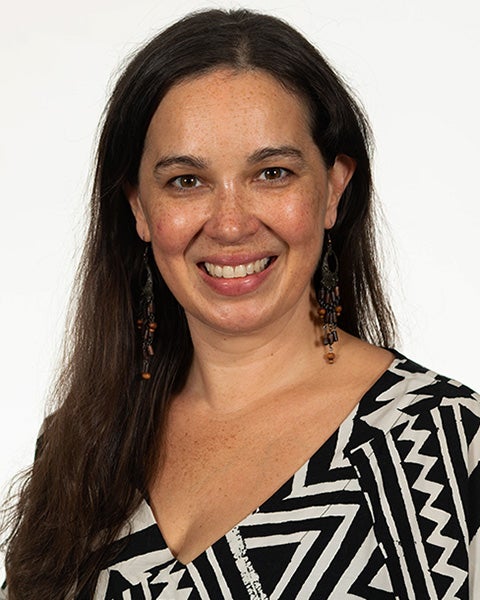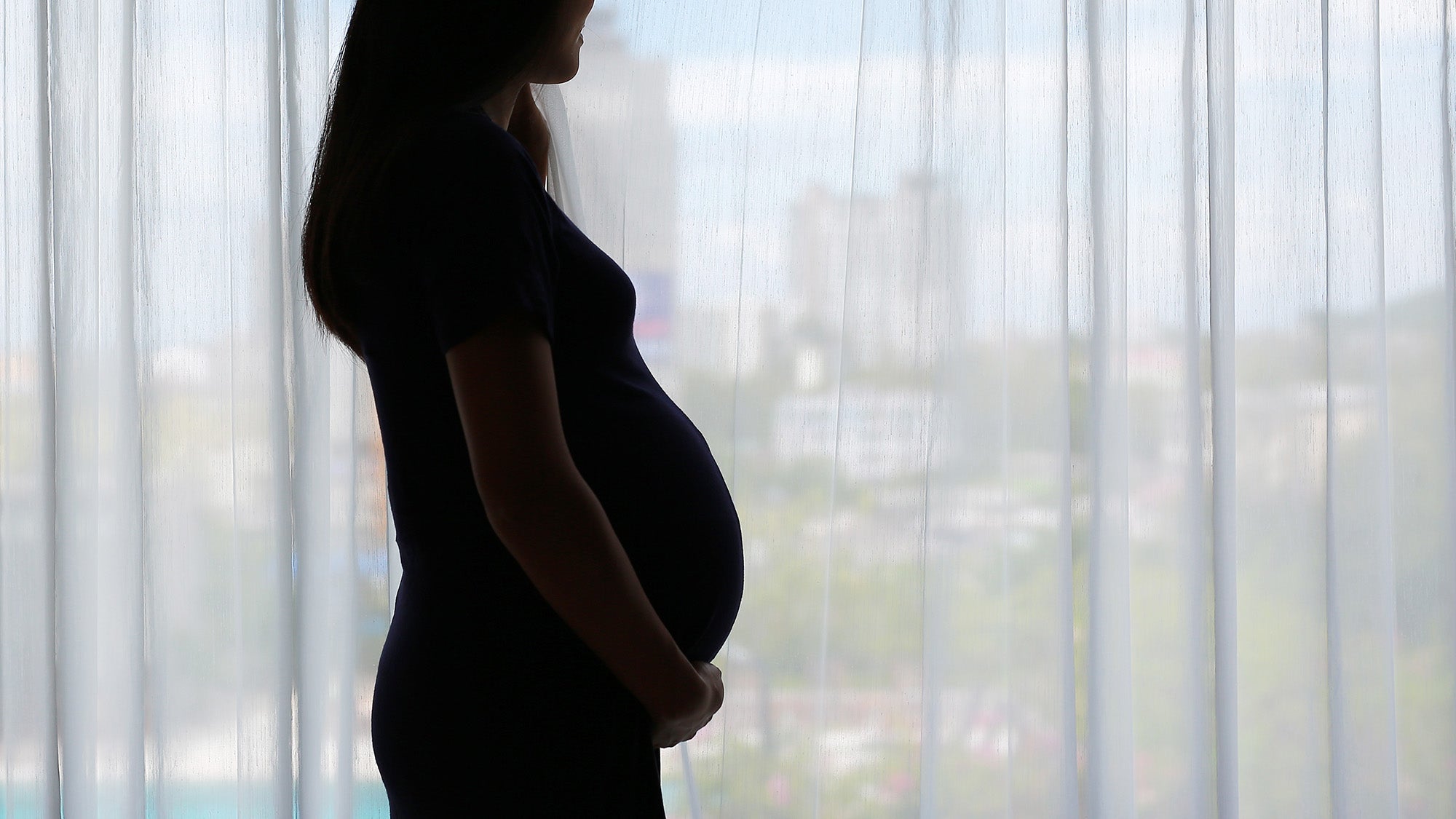Nursing School Faculty Member Supports Marginalized Communities Through Clinical Work and Research
(July 9, 2024) — As a certified nurse midwife, Christina X. Marea, PhD, MA, FACNM, has focused on caring for people affected by social and structural marginalization. That focus carries over into her research, including a paper about the challenges pregnant people face navigating homelessness and social assistance programs published recently in the journal Health Equity.

Christina X. Marea, PhD, MA
“When I think about research right now, I want to think about what needs to change to improve the lives of people I’m studying,” said Marea, an assistant professor at the School of Nursing who was recently selected as a 2024 NIH Health Disparities Research Institute Scholar.
Marea, the recipient of TL1 and KL2 career development awards from the Georgetown-Howard Universities Center for Clinical and Translational Science, reinforces her dedication to research that makes a difference as co-founder of D.C.’s Maternal Mortality Review Committee.
“Being on the committee, I saw what factors contribute to maternal deaths, the gaps in the health care system, and the ways we can improve care for pregnant people in alignment with the models of care that we’ve been trained in,” she said. “It centers continuity and how we can make a health care system that’s meeting the needs of all of our people.”
From Practice to Policy
Since 2010, Marea has worked as a practicing midwife in Washington, D.C., and currently practices at Community of Hope, a federally qualified health center with a full-scope midwifery practice, hospital privileges and freestanding birth center. “My clients experience many health inequities,” she said. “There are many structural factors that affect the clinical care that I can offer.”
Marea was working at Providence Hospital in October 2017 when it closed its maternity ward with no notice. Medicaid was the largest insurer for patients admitted at Providence, and closing the maternity ward made health care less accessible for publicly insured pregnant people in Washington, D.C.
“In the aftermath, there were incredible pressures on the hospitals and the health system in D.C.,” Marea said.
At about the same time, the D.C. Council was working to establish the Maternal Mortality Review Committee (MMRC) to address the concerningly high maternal mortality rate. The committee was officially established in June 2019, with Marea elected the first committee co-chair.
“In the D.C. MMRC, we do a life-course review — we look at the circumstances surrounding the death, but we also look at what happened in their life,” she said. “Going through these reviews was devastating and illuminating.”
‘Making Sure People Aren’t Falling Through the Cracks’
The committee’s 2019-2020 annual report found that pregnancy-associated deaths in D.C. are disproportionately concentrated among non-Hispanic Black birthing people, with 70% of pregnancy-related deaths occurring to birthing people in D.C.’s Wards 7 and 8.

Ebony Marcelle (N’04), DNP, CNM, MS
With that knowledge and a grant from the Hillman Foundation, Marea and Ebony Marcelle (N’04), DNP, CNM, MS, FACNM, started to reimagine postpartum care by listening to the experiences and needs of Black birthing people and health workers in D.C. and offering additional services that to meet those needs.
New parents frequently struggle with feelings of isolation, so interventions include parent cafes that give them an opportunity to support each other in a non-hierarchical setting and parent-baby wellness groups providing group-based well-child care that integrate brief health evaluations for parents.
The interventions also include optional home visits from a midwife who can identify patients who need follow-up care while helping parents feel cared for. “People are really enjoying receiving that care in their home,” Marea said. “We’re promoting joy and making sure people aren’t falling through the cracks.”
Promoting the Positive
Researchers often aim to identify and address weaknesses faced by people in marginalized communities without acknowledging their strengths. “It’s part of our responsibility as researchers to not always approach our analysis from a place of deficit,” Marea said. “We can identify a problem, but the solutions are always going to be born out of communities.”
One way that Marea promotes the positive in her research is by designing studies that look at outcomes that matter to her clients instead of those that are socially normative or stigmatizing. For example, recognizing that breastfeeding is not a goal for some pregnant people, Marea will consider whether her clients feel confident in their ability to feed their babies instead of aiming to increase the number of clients who breastfeed.
“Did our clients feel supported?” she said. “Did they feel satisfied with their decision and ability to feed their child? Those are different ways to think about a similar outcome.”
“There are pockets of beautiful and miraculous things in these spaces,” Marea added. “Those are the things that we need to support and enable.”
Kat Zambon
GUMC Communications

